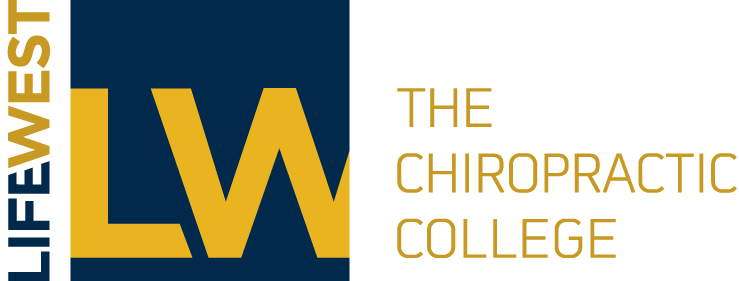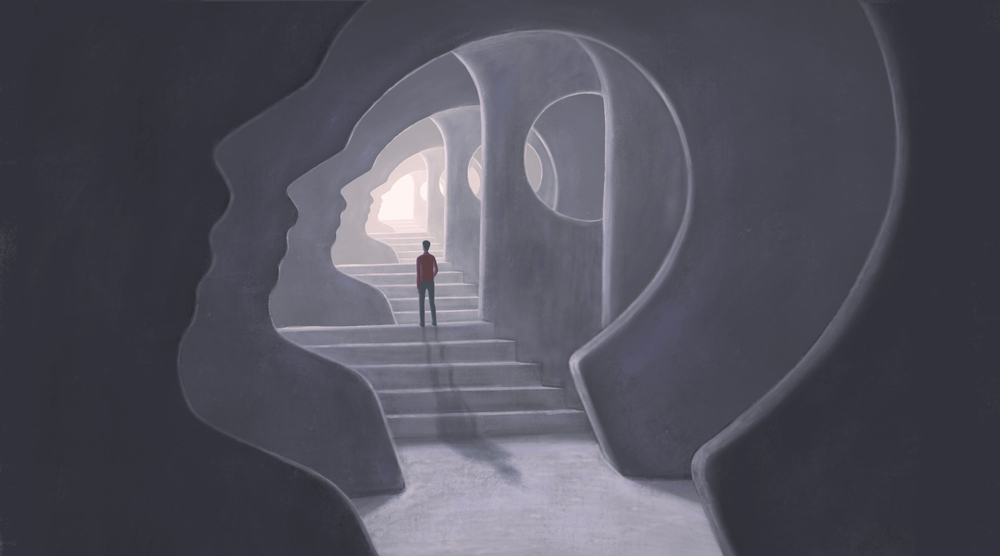– Peter Kevorkian, DC –
When DD Palmer pushed on the spine of Harvey Lillard our profession was born. It is likely that DD thought for a moment that he found the “cure for deafness.” After observing other changes in people’s physiology, he thought he found the “cure for disease.” Only through his curiosity and logical exploration did he fully appreciate the magnitude and depth of what he discovered. This exploration sparked the formulation and development of chiropractic philosophy.
I remember my first philosophy class in chiropractic college. We were taught that chiropractic philosophy gave us our “why” and that chiropractic is a philosophy, science, and art. I studied Stephenson’s thirty-three principles, the chiropractic triune of life, inductive and deductive reasoning, concepts of mechanism and vitalism. Although there are principles and concepts that define what we call chiropractic philosophy, I propose that it is much more than a regurgitation of memorized phrases of dogma. Chiropractic philosophy provides a framework and foundation from which to observe and employ the science and the artform. It is a dynamic exploration and an active engagement of curiosity. Chiropractic philosophy is not a static set of rules. It is a dynamic process of systematized deductive logic to offer insight and understanding to our world and what we offer with our unique service.
It has and should continue to evolve.
The core value of our philosophical ideal is that there is order and organization to the universe. If indeed we accept this premise, we can deduce that all things that exist and happen in the universe, do so out of intelligent design. This perception can change meaning and can change how things influence us individually and as a culture. Our philosophy offers perspective and hence can provide direction on what to do.
As our knowledge grows, our philosophy also grows. I believe it is our responsibility to stand on the shoulders of the forefathers and foremothers of our profession. Philosophical growth and development are as important as the advancement of our techniques and the scientific inquiry. This does not nullify or change the fundamental principles; it should enhance them. The major premise remains constant. The logic of deductive reasoning remains constant. And the application of the principles and the philosophy should be molded to the needs and language of the times.
The world needs our perspective. It provides insight to feel empowered. It allows people an appreciation for the brilliance of natural law and insight into how to align better with those laws.
I can only speculate where the world would be today if all the scientists, lawmakers and politicians had our philosophical perspective through the handling of the COVID-19 pandemic.
As we look to the future of our profession, it is critical that we remain grounded in the vitalistic perspective of our philosophy. It will allow appropriate understanding and development of the science and art. It will offer the world a balance to the mechanistic viewpoint of the world. Holding true to our philosophy as we grow in knowledge will always humble us. No matter how much we know, there will be more that we don’t know. This perspective is the key to ensuring curiosity and continuing to pursue understanding.
The analysis and adjustment of spinal subluxations needs to remain central to the service of chiropractic. I believe how we view the subluxation phenomena and how we address it will change as we evolve our philosophical understanding. The adjustment will be considered less a “corrective” process and more an “optimally adaptive” process. Scientific investigation will strive to determine salutogenic change and input rather than pathogenic diagnosis and treatments.
Without clarity of our philosophy (our why) we will by default fall into the philosophy and perspectives that are dominant in the culture, the narrative of the times. With philosophical clarity, we become thought leaders and help heal and advance humanity.
As we look to the future of our profession, it is critical that we remain grounded in the vitalistic perspective of our philosophy. It will allow appropriate understanding and development of the science and art.



